Shows
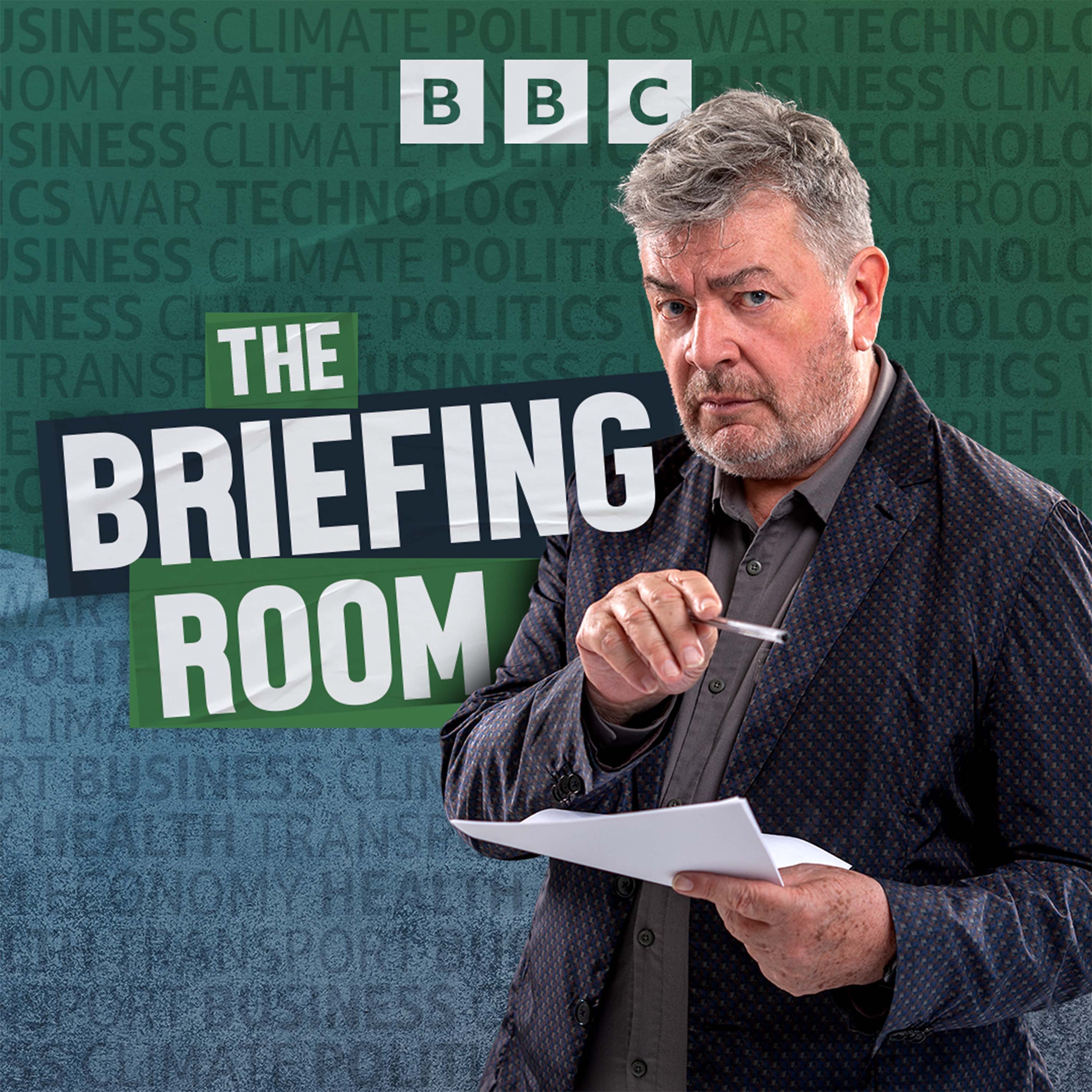
The Briefing RoomShould the Government ban social media for young people?Pressure is building in the UK for a ban on social media use for young people as countries across the world watch Australia, which introduced its own ban for under 16s last December. Meanwhile, the government here is launching a public consultation on children’s use of social media which will look at a range of options, including a ban. It also said this week that it wants to create new legal powers so it can take action quickly. David Aaronovitch asks what the evidence so far tells us about social media and harm to young people and what el...
2026-02-1928 min
CognitationsEP #15 | Social Media and Mental Health: The Cognitive Turn | Georgia Turner & Lukas GunscheraIn our episode with Amy Orben, we discussed a big problem in the research on how social media potentially affects mental health. That is, a lot of studies ask really vague, broad questions. For instance, asking 'What is social media doing to our mental health?' is like asking 'How does food affect young people’s health?' To really answer the latter question, we need to get more specific—are we talking about junk food or vegetables? And what about the kid’s health history, like if they have diabetes? Some researchers think that using well-established theories from cognit...
2025-05-0251 min
CognitationsEP #14 | How can Social Media Affect Mental Health? | Amy OrbenHumans inhabit a social world. With the march of history and the discovery of novel technologies, our ability to socialise has been in a state of constant flux to varying degrees. However, modes of human interaction have undergone a massive shift in the 21st century with the emergence of smartphones and social media platforms. According to a Pew report, almost half of US teens say that they are online ‘almost constantly’. This is understandably terrifying for the previous generation, especially parents of young people, witnessing this shift in sociality. Simultaneously, in the current public discourse, claims about the negative impact...
2025-03-281h 19
InBitsMoral Panics and TechnologyIn this episode we focus on moral panics about technology use and how this is driven by media reporting and societal discourse. We break down the actual research behind some of these panics, and look at what we do know about how tech is impacting us.
Support resources
If you have been affected by the content of this episode in any way, the supports at the link below may be of assistance. If you are not in Ireland, please seek supports local to you.
Irish Health Service Executive mental health supports
2025-03-2549 min
Evolving PsychiatryTech and Mental Health | Tanay Katiyar | Evolving Psychiatry Podcast #42Social media is bad for mental health right? Well... it's more complicated than that. In this episode, we discuss the ways in which novel digital technologies can also improve mental health, and how an evolutionary perspective on tech helps illuminate its dual effects of harming and healing.Tanay Katiyar is a PhD student, co-supervised by Amy Orben and Nikhil Chaudhary, at the MRC Cognition and Brain Sciences Unit (CBU) and the Leverhulme Centre for Human Evolutionary Studies at the University of Cambridge. Drawing on frameworks from cognitive science, evolutionary psychiatry and anthropology, he is currently investigating how our contemporary...
2025-02-261h 25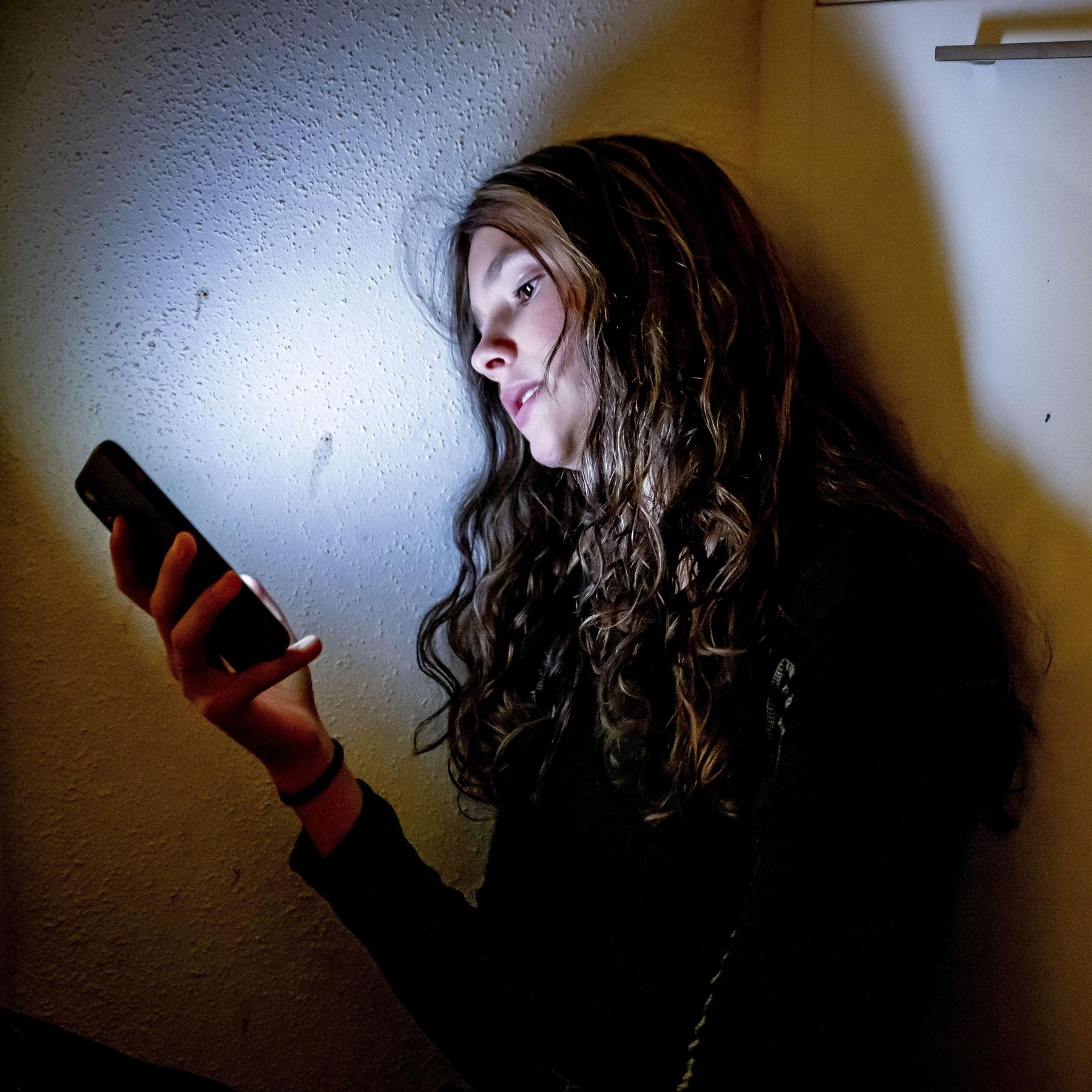
IQ - Wissenschaft und ForschungSmartphones und Social Media: Wie gefährdet sind junge User?Jugendliche und ihr Smartphone. Das ist ein hoch emotionales, vielschichtiges und immer präsentes Thema. Eltern und Lehrer können kaum nachvollziehen, warum die Wissenschaft nicht belegen kann, wie schädlich die sozialen Medien sind.
Doch: Wie gefährdet sind junge Nutzer tatsächlich? Ein Podcast von Ariane Stolterfoht.
Habt Ihr Feedback? Anregungen? Schreibt uns gerne oder schickt eine Sprachnachricht: WhatsApp (https://wa.me/491746744240) oder iq@br.deCreditsAutorin/Sprecherin: Ariane StolterfohtTechnik: Maik Siegle, mars13Redaktion: Sarah Bioly
GesprächspartnerInnen:Professor Megan Moreno, MD, MSEd, MPH, Academic Division Chief at Div...
2025-02-1123 min
Freakonomics Radio602. Is Screen Time as Poisonous as We Think?Young people have been reporting a sharp rise in anxiety and depression. This maps neatly onto the global rise of the smartphone. Some researchers are convinced that one is causing the other. But how strong is the evidence? SOURCES:David Blanchflower, professor of economics at Dartmouth College.Lauren Oyler, novelist and cultural critic.Andrew Przybylski, professor of human behavior and technology at the University of Oxford. RESOURCES:"The Declining Mental Health Of The Young And The Global Disappearance Of The Hump Shape In Age In Unhappiness," by David G. Blanchflower, Alex Bryson, and Xiaowei Xu...
2024-09-1240 min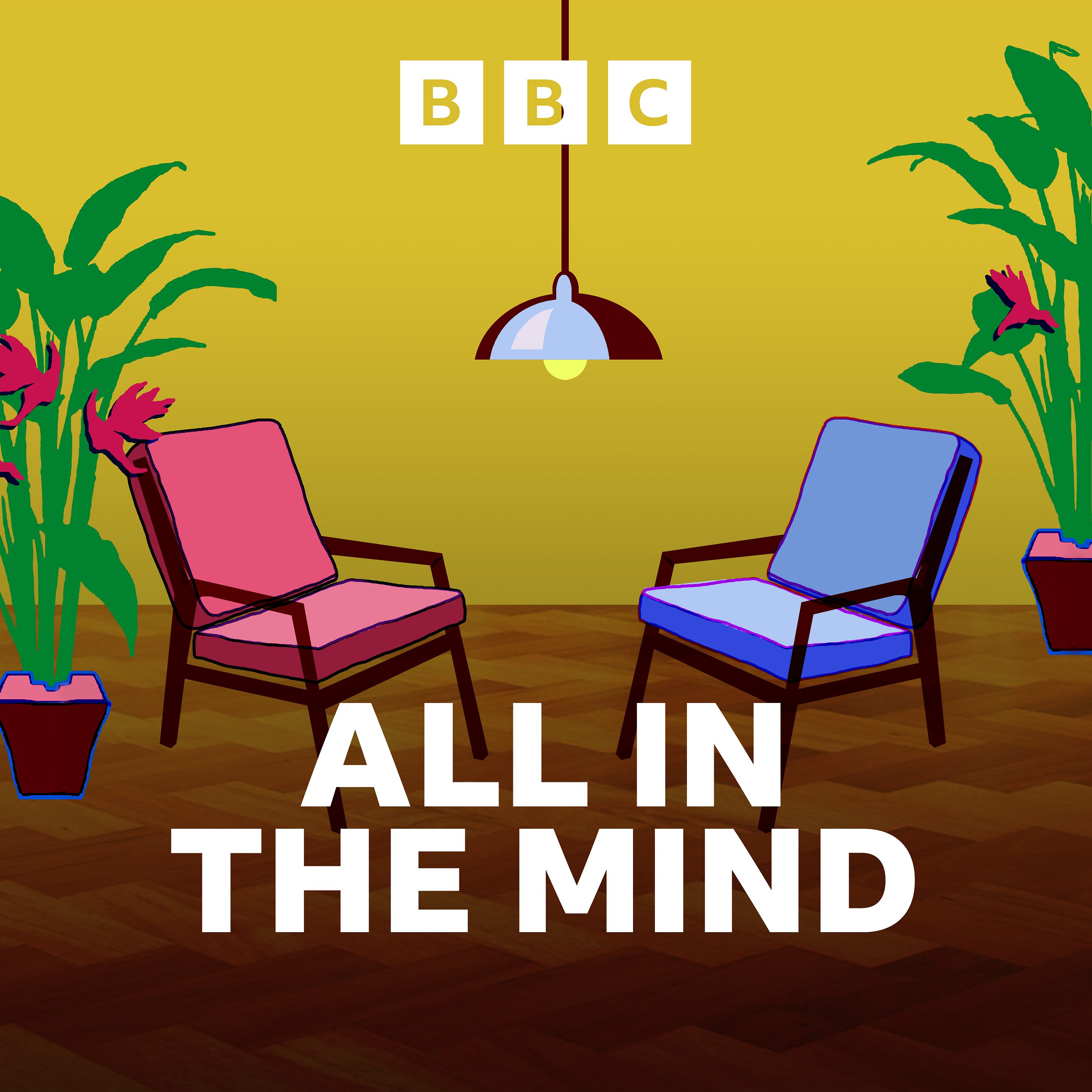
All in the MindSmartphones and children, mental health labels and climate anxietySmartphones are bad for the mental health of children and adolescents. At least, that’s the popular perception that has led to calls for smartphones to be banned for children under a certain age, with numerous media reports drumming home the narrative that smartphones are damaging a generation. But the evidence for a link between smartphones and poor mental health is surprisingly weak, and smartphones also have uses that can be beneficial to children and adults alike. Claudia Hammond talks to Dr Amy Orben, who leads the digital mental health group at the MRC Cognition and Brain Sciences Unit at...
2024-09-0327 min
If Books Could KillThe Anxious GenerationIs social media to blame for the teen mental health crisis? It's complicated!Thanks to Emily Weinstein, Amy Orben, Andrew Przybylski, Dean Burnett, Michael Mullarkey and Gideon Meyerowitz-Katz for help researching and fact-checking this episode! Where to find us: Peter's other podcast, 5-4Mike's other podcast, Maintenance PhaseSources:Emily Weinstein's book, "Behind Their Screens"Positive and negative uses of social media among adolescents hospitalized for suicidal behaviorThe Sisyphean Cycle of Technology PanicsThe Relationship Between Online Social Networking and Depression: A Systematic Review of Quantitative StudiesOnline "predators" and t...
2024-08-082h 00
ZEIT WISSEN. Woher weißt Du das?Machen Smartphones unsere Kinder krank?Immer mehr, immer jüngere Menschen haben ein Smartphone. Eltern fragen sich, wie schädlich das für ihre Kinder ist. Welche Apps sind okay ab welchem Alter? Wie gefährlich ist TikTok? Ist es sinnvoll, die Bildschirmzeit zu kontrollieren? Und: Sind wir vielleicht alle selbst schon abhängig von den Geräten, die wir überall mit hinnehmen? Viele Forschende warnen davor, Smartphones zu früh und zu lange zu nutzen, besonders für Kinder sei das gefährlich. Die Psychologin Amy Orban war eine von ihnen. Heute sagt sie: Die Forschung kann viele Vermutungen noch gar nicht belegen. Lisa Hegem...
2024-06-2330 min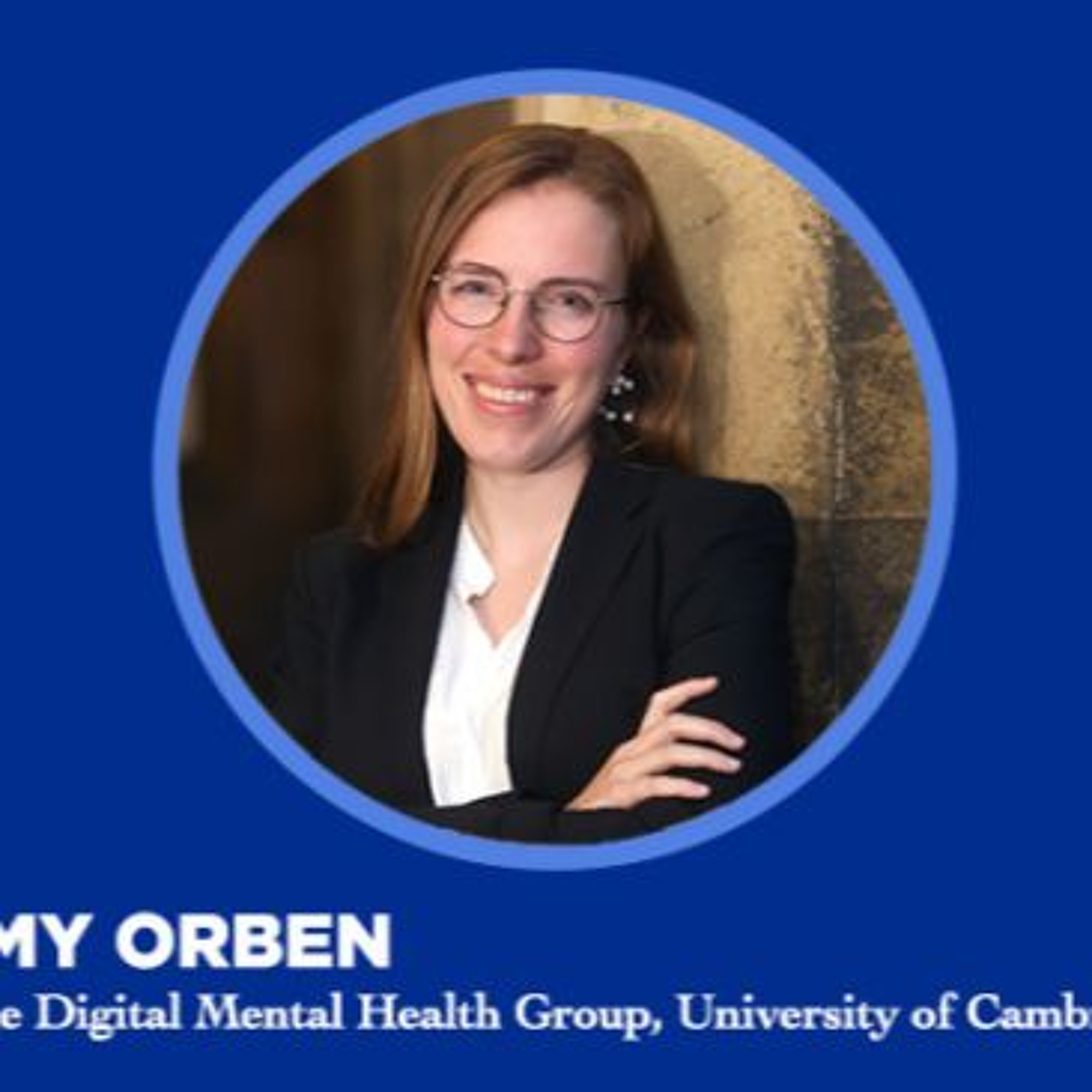
IIEA TalksDigital Technologies and the Mental Health of AdolescentsAs adolescent mental health has declined substantially in the last decade, it has spurred pervasive concern that digitalisation and social media use might be playing a part in this phenomenon. Dr Orben reflects on the challenges and problems facing research in this space to date, and provides an overview of her team’s work in trying to address these challenges to produce evidence that can be used to improve adolescent’s mental health.
About the speaker:
Dr Amy Orben is a UKRI Future Leaders Fellow at the MRC Cognition and Brain Sciences Unit and Fellow of St. John’s College at the...
2024-06-1341 min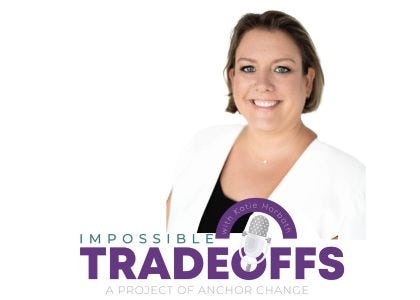
Anchor Change with Katie HarbathThe Reality of Data-Driven CampaigningKate Dommett, a professor of digital politics, discusses her book “Data-Driven Campaigning and Political Parties” and her research on how political parties use data in election campaigns. She explores the prevailing narratives around data-driven campaigning and how they often do not match reality. Dommett also discusses the role of regulation in data-driven campaigning and the potential threats to democracy. She emphasizes the need for a nuanced understanding of data use in campaigns and the importance of considering the regulatory environment and data security.Takeaways* Data-driven campaigning is not a new phenomenon, but the use of digi...
2024-05-1642 min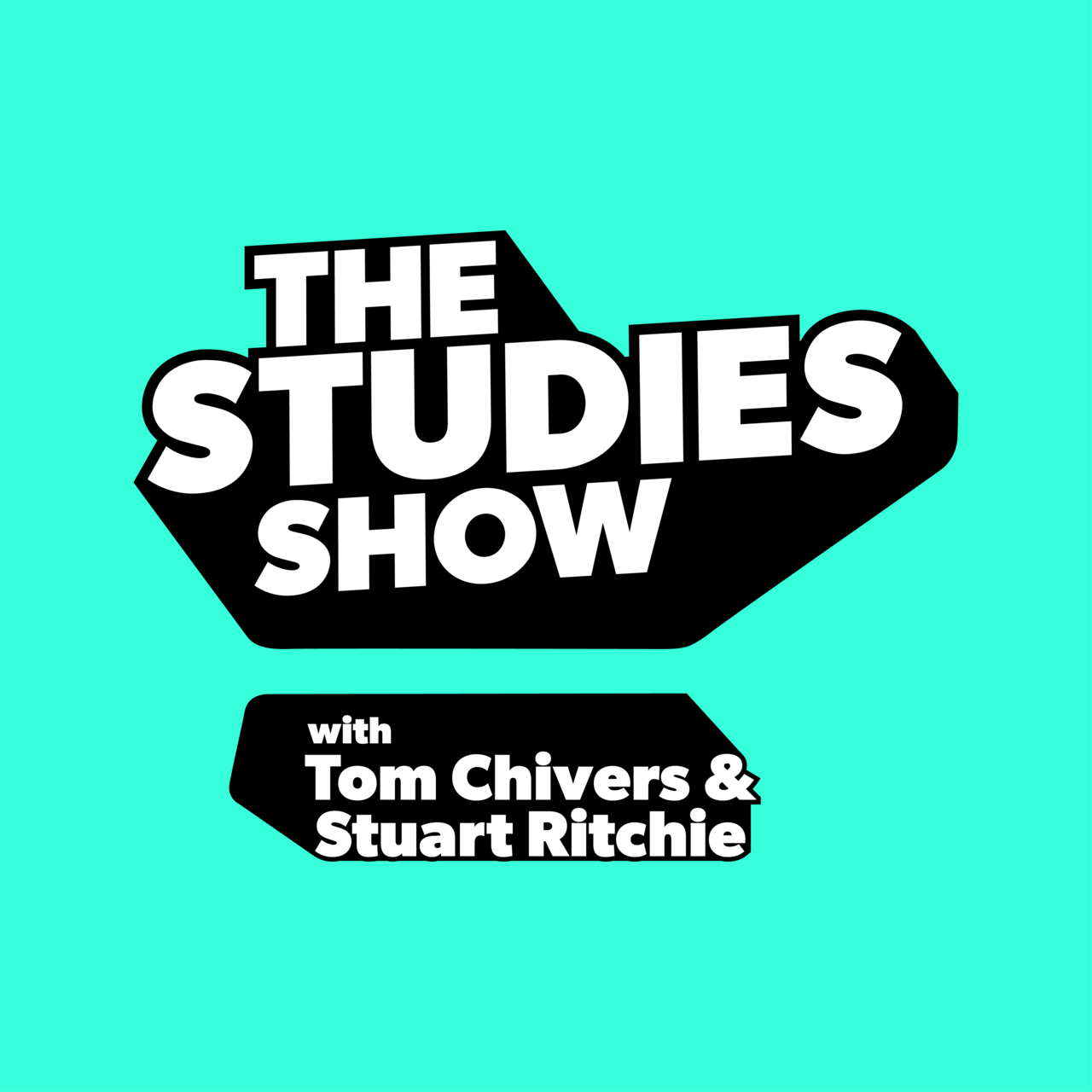
Science FictionsEpisode 25: Is it the phones?Everyone seems to have decided that it’s the phones. That is, they’ve decided that heavy smartphone and social-media use is to blame for the current wave of mental illness, despair, and depression that’s affecting young people - teenage girls in particular.Except… we need to ask how strong the evidence is. What do the studies actually show about what’s causing the mental health crisis? And, wait - is there actually a mental health crisis to begin with? In this extra-long episode of The Studies Show (it’s a big topic after all), Tom and Stuart a...
2024-01-301h 20
Science WeeklyTeen mental health and social media: what does the evidence tell us?Ian Sample talks to Dr Amy Orben, who leads the digital mental health programme at the Medical Research Council’s cognition and brain sciences unit, about why the link between teen mental health and social media is so difficult to study, what the current evidence tells us and what advice she gives to parents whose children are entering the online world for the first time. Help support our independent journalism at theguardian.com/sciencepod
2023-09-1219 min
FT News BriefingPeak social media: The debate over young users’ mental healthThere’s a growing feeling that social media is bad for us: bad for society and bad for our wellbeing. That trend has culminated in a new wave of legislation in the United States aiming to address social media’s impact on young people’s mental health. But in this episode, Elaine Moore, deputy editor of the FT’s Lex column, looks at some of the unanswered questions over whether social media really causes us harm, and what legislation will mean for the future of the social media business model. Are we in the throws of a technological panic? ...
2023-07-2226 min
FT Tech TonicPeak social media: The debate over young users’ mental healthThere’s a growing feeling that social media is bad for us: bad for society and bad for our wellbeing. That trend has culminated in a new wave of legislation in the United States aiming to address social media’s impact on young people’s mental health. But in this episode, Elaine Moore, deputy editor of the FT’s Lex column, looks at some of the unanswered questions over whether social media really causes us harm, and what legislation will mean for the future of the social media business model. Are we in the throws of a technological panic? ...
2023-07-1126 min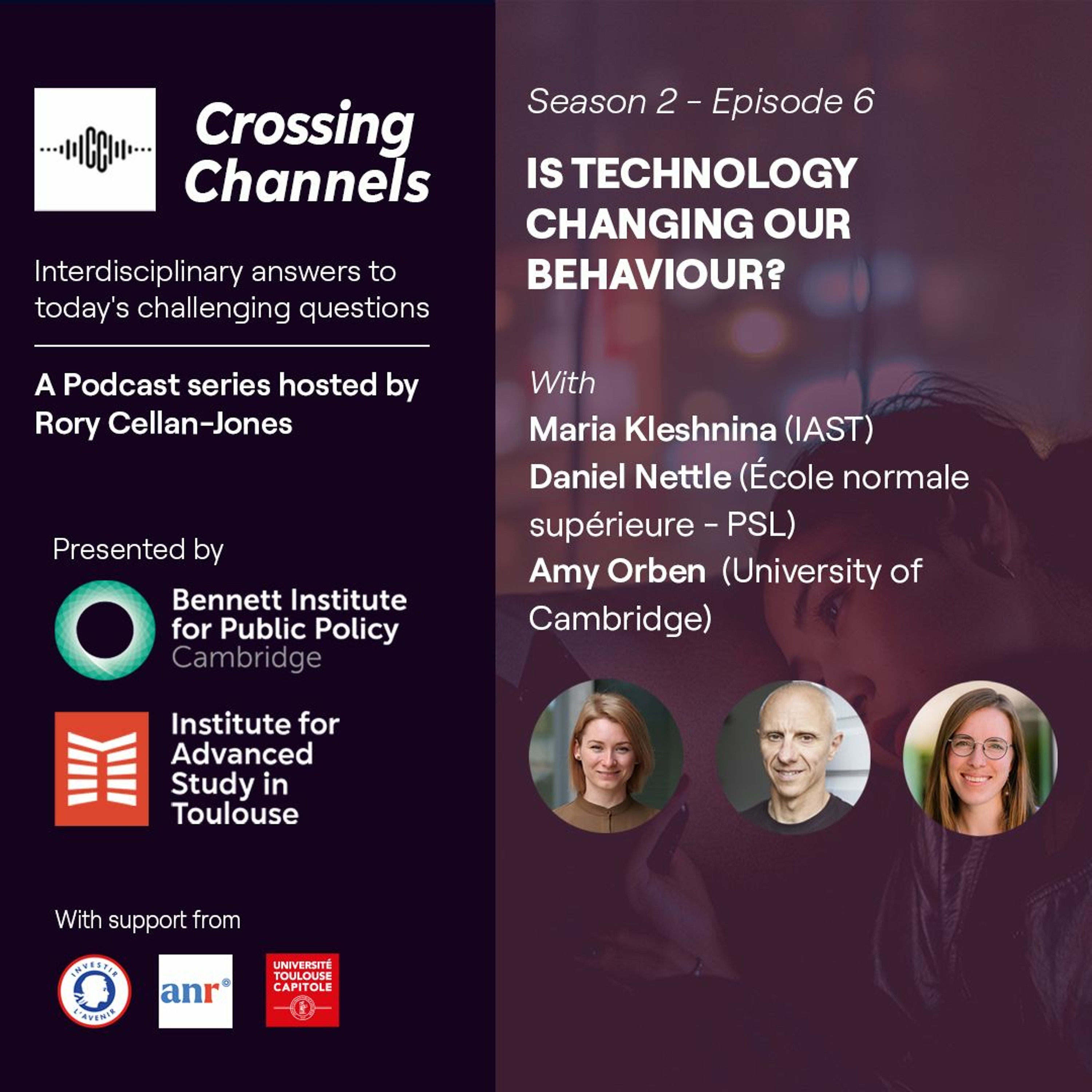
University of CambridgeIs technology changing our behaviour?Rory Cellan-Jones and leading experts Maria Kleshnina, Daniel Nettle and Amy Orben discuss the drivers of cooperation and how online and offline environments are impacting human behaviour.
This episode looks at the main drivers of human behaviour, the difficulties of cooperation for the greater good, and whether those drivers are immutable or have changed in the era of digital communication.
Our guests from the University of Cambridge, Institute for Advanced Study in Toulouse, and École Normale Supérieure-PSL, explore how megatrends, such as digitalisation and inequality, impact cooperation and the policy levers needed to achieve positive societal change.
2023-03-0830 min
Crossing ChannelsIs technology changing our behaviour?Rory Cellan-Jones and leading experts Maria Kleshnina, Daniel Nettle and Amy Orben discuss the drivers of cooperation and how online and offline environments are impacting human behaviour. This podcast unpacks the facilitators and inhibitors of cooperative behaviours to tackle wicked problems and the impact of our environment on cooperation. Our guests from the University of Cambridge, Institute for Advanced Study in Toulouse, and École Normale Supérieure-PSL, explore how megatrends, such as digitalisation and inequality, impact cooperation and the policy levers needed to achieve positive societal change. This episode is hosted by R...
2023-02-0530 min
Bennett Institute podcastsIs technology changing our behaviour?Rory Cellan-Jones and leading experts Maria Kleshnina, Daniel Nettle and Amy Orben discuss the drivers of cooperation and how online and offline environments are impacting human behaviour. This podcast unpacks the facilitators and inhibitors of cooperative behaviours to tackle wicked problems and the impact of our environment on cooperation. Our guests from the University of Cambridge, Institute for Advanced Study in Toulouse, and Ecole Normale Supérieure-PSL, explore how megatrends, such as digitalisation and inequality, impact cooperation and the policy levers needed to achieve positive societal change. This episode is hosted by...
2023-02-0530 min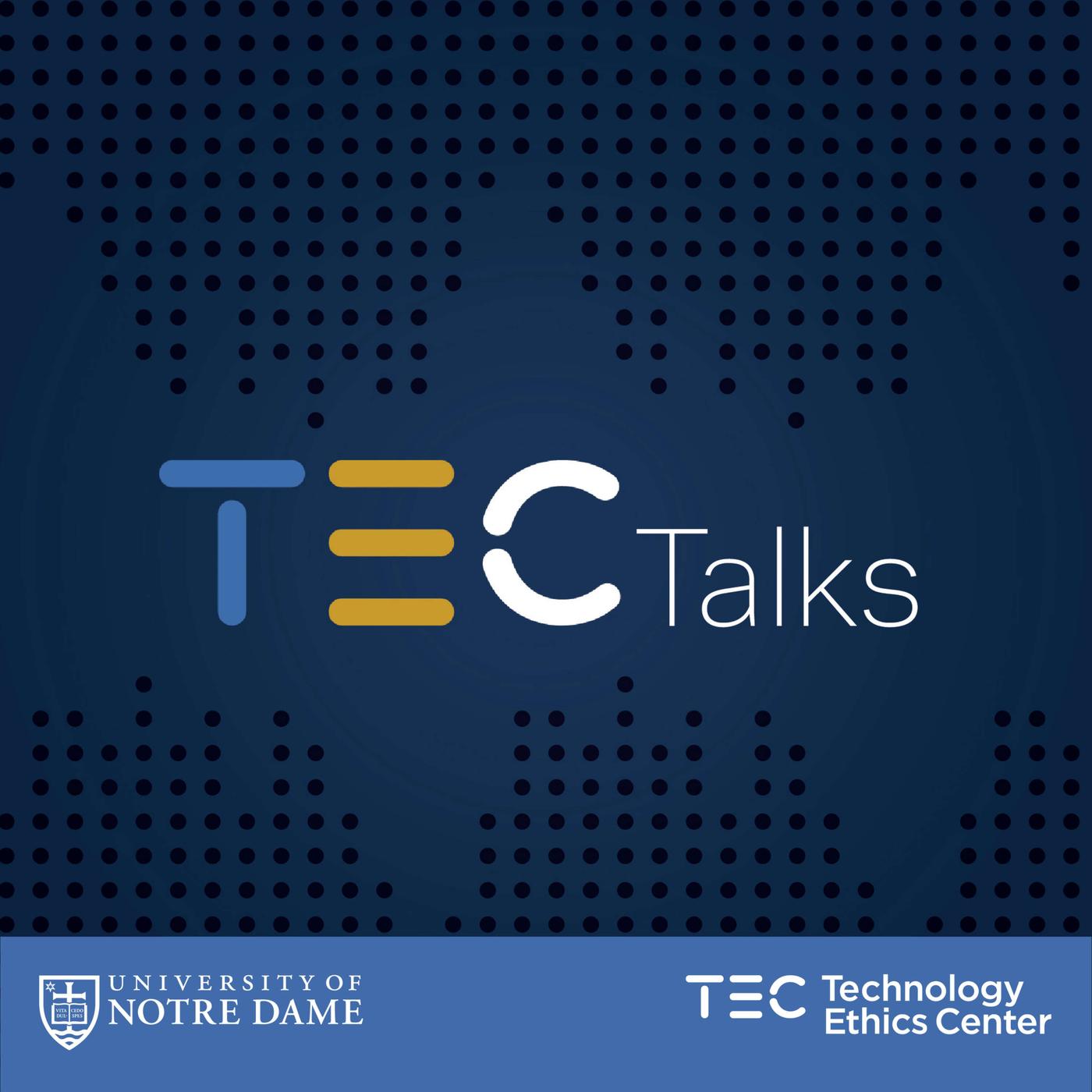
The MachinistAl, Anti-Discrimination Law, and Your (Artificial) Immutability Podcast: TEC TalksEpisode: Al, Anti-Discrimination Law, and Your (Artificial) ImmutabilityPub date: 2022-11-16Get Podcast Transcript →powered by Listen411 - fast audio-to-text and summarizationHow could a personal characteristic like eye movement affect, say, whether you get a loan?Host Kirsten Martin is joined by Sandra Wachter, a professor of technology and regulation at the Oxford Internet Institute (OII) at the University of Oxford. She founded and leads OII’s Governance of Emerging Technologies (GET) Research Programme that investigates legal, ethical, and technical aspects of AI, mach...
2022-11-2322 min
Two Psychologists Four BeersWhat's Wrong with Social Media?Mickey returns with the hot takes you know and love. He joins Yoel and Alexa to discuss Jonathan Haidt's recent Atlantic article, "Why the Past 10 Years of American Life Have Been Uniquely Stupid." Haidt claims the answer is social media, but the cohosts aren't fully convinced. To shed a bit more light on the matter, they turn to an article by Amy Orben and Andrew Przybylski which provides a rigorous analysis of the relationship between social media use and well-being. In the end, Mickey admits to being a hypocrite, and Alexa makes a plug for Big Potato. ...
2022-06-221h 23
The Membership Freedom PodcastLiving In ScreentimeWhen we talk about health for entrepreneurs, there are quite literally hundreds of directions in which we can go. Finding information that is important about the health of entrepreneurs to share is not the problem. Choosing which direction to take is the challenge. So this week, I am going to go in a direction that you may not expect. I’m going to weave a storyline that addresses topics that we see touched upon often but hopefully making this a series and a combo will make it come together and have a deeper impact for you. We discussed in the prev...
2022-02-0806 min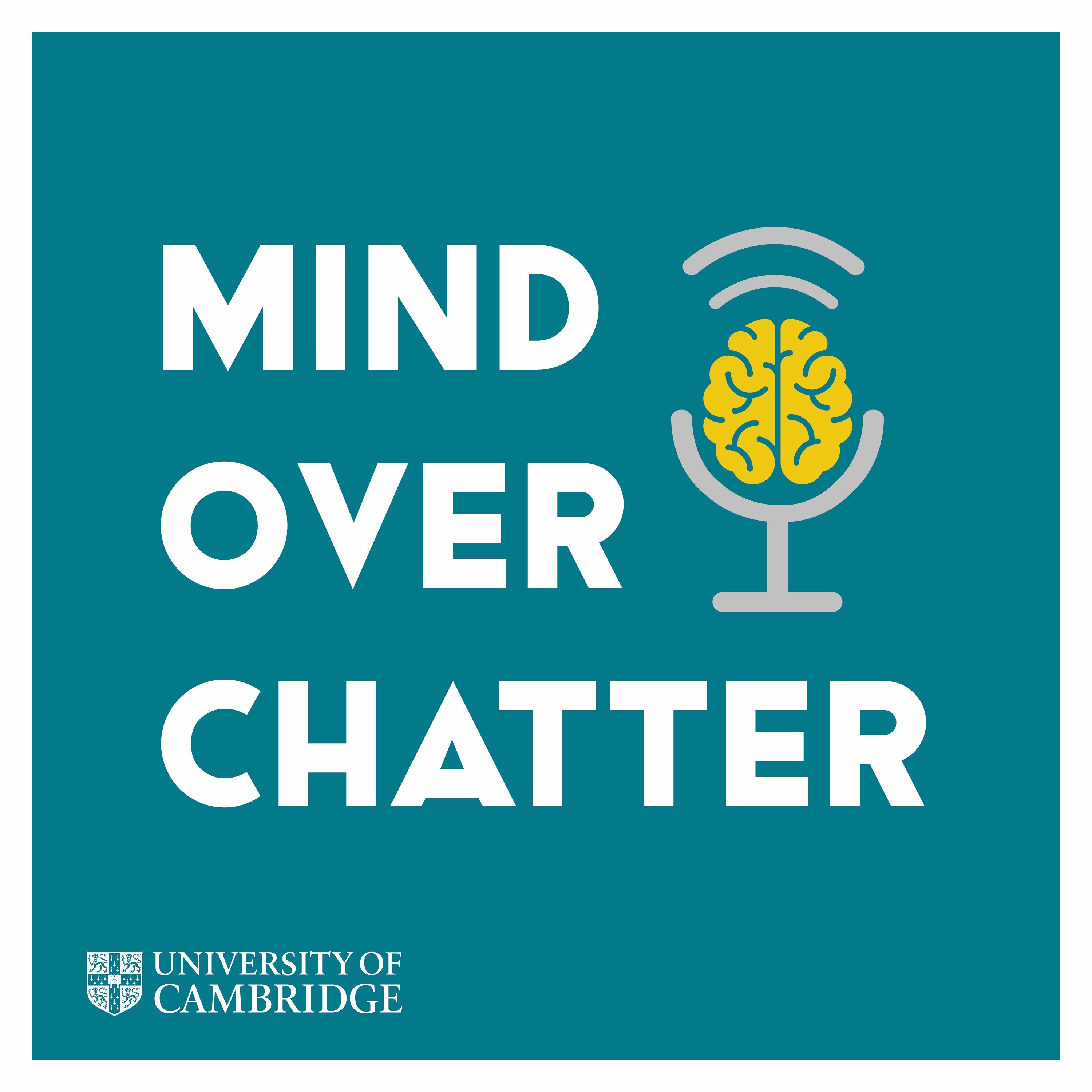
University of CambridgeWhat is the future of wellbeing?Our wellbeing is essential to our overall quality of life. But what is wellbeing? Why is it so hard to pin down? How is it different to mental health, and what can we do to understand, measure and improve it? We talked with psychologist and neuroscientist Dr Amy Orben, psychiatrist Dr Tamsin Ford, and welfare economist Dr Mark Fabian to try and get to grips with wellbeing. In doing so, we learnt about the negative (and positive!) effects of the pandemic, how wellbeing differs for children and adults, and the influence of ever-evolving technology on our wellbeing.
This episode was...
2021-04-091h 03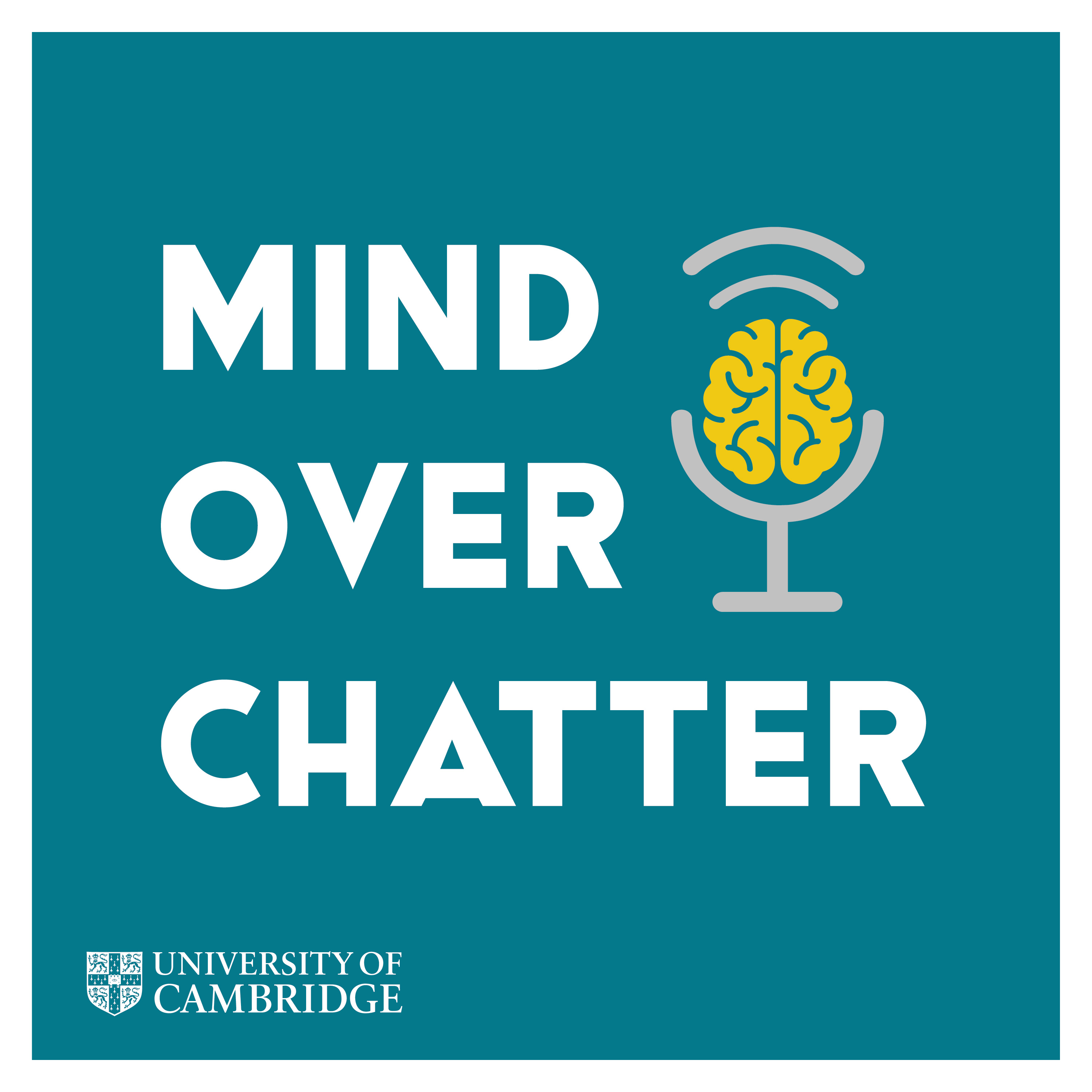
Mind Over ChatterWhat is the future of wellbeing?Our wellbeing is essential to our overall quality of life. But what is wellbeing? Why is it so hard to pin down? How is it different to mental health, and what can we do to understand, measure and improve it? We talked with psychologist and neuroscientist Dr Amy Orben, psychiatrist Dr Tamsin Ford, and welfare economist Dr Mark Fabian to try and get to grips with wellbeing. In doing so, we learnt about the negative (and positive!) effects of the pandemic, how wellbeing differs for children and adults, and the influence of ever-evolving technology on our wellbeing. Th...
2021-03-261h 03
Fun Time ProgramResearching Problematic Smartphone Use with Alex J. HolteJohn and Vivica talk to Alex J. Holte about his research in experimental psychology and applying psychological principles to technological use and what we can learn from original research and hard data about how cell phones and technology are taking over our lives.
Links
Alex J. Holte
https://twitter.com/alexholte
https://www.researchgate.net/profile/Alex_Holte
Alex.J.Holte@und.edu
Amy Orben and Andrew Przybylski
The Association between adolescent well-being and digital technology use
https://www.nature...
2020-12-301h 19
Innovation Files: Where Tech Meets Public PolicyTechnology Panic Attacks, From Radio to Social Media, With Amy OrbenIf Netflix’s “The Social Dilemma” is to be believed, social media giants are surely responsible for the breakdown of our mental health, politics, and the economy. Generations of fear mongers have found reasons to believe new technologies—from books and bicycles to video games and email—are to blame for society’s ills. Rob and Jackie take a deep breath and discuss these predictable cycles of technology panic with Dr. Amy Orben, an expert in the history of technology panics at Emmanuel College, University of Cambridge.Mentioned:Amy Orben, “The Sisyphean Cycle of Technology Pan...
2020-09-2826 min
Coronavirus: The LatestAre young people the long-term losers of the lockdown?As the Prince of Wales warns of the 'potentially devastating' impact of the Covid-19 pandemic on young people, The Telegraph’s Family and Education Editor, Sally Peck and Cambridge University psychologist, Dr Amy Orben join Theodora Louloudis to discuss the effect of uncertainty on a generation trying to plan for their futures.Read more on the latest contact tracing app developments: https://bit.ly/2NbQMzSRead more on Boris Johnson and Emmanuel Macron's meeting: https://bit.ly/30W2OoURead more on Italy's travel bonus: https://bit.ly/30RyBaFGet 30 days' fr...
2020-06-1818 min
Everything Hertz108: Requiem for a ScreenWe discuss the recent claim that screen time is more harmful than heroin and whether psychological science is a crisis-ready discipline
Other stuff we cover:
Dan's adjustment to a second kid
The "Psychological science is not yet a crisis ready discipline" preprint
The Twitter thread from Rickard Carlsson
There is a contimuum of evidence for psychological science's use in a crisis
Belgian Officials: To Save Country's Potato Industry, Belgians Must Eat More Fries
Our episode with Amy Orben
Screen time has apparenty worse effects than heroin use on wellbeing
Are we better off without press releases?
2020-05-1847 min
PsychCrunchEpisode 19This is Episode 19 of PsychCrunch, the podcast from the British Psychological Society's Research Digest, sponsored by Routledge Psychology. Do we worry too much about screen time? The issue of screen use by children and teenagers is rarely out of the headlines, and institutions including the World Health Organization have recommended specific limits on screen time for the youngest age groups. But what does the science actually say about the effects of screen time? To find out, our presenter Ella Rhodes talks to Dr Amy Orben, Research Fellow at the University of Cambridge and winner of...
2020-01-2816 min
Everything Hertz100: Hundredth episode live special (with Daniel Lakens, Amy Orben, and Chris Chambers)To celebrate our 100th episode, which we video-streamed live, Dan and James were joined by three special guests: Daniel Lakens, Amy Orben, and Chris Chambers.
Here's what they covered in this episode:
James and Dan share their favourite episodes
The power of the Twitter direct message
Daniel Lakens joins us to discuss his recent work on helping people make better statistical decisions
Can you create cross-discipline effect size guidelines?
What would Jacob Cohen say if we could bring him back to life?
Academic backup career plans
Our new partnership with Prolific
James' piece on not treating...
2020-01-271h 50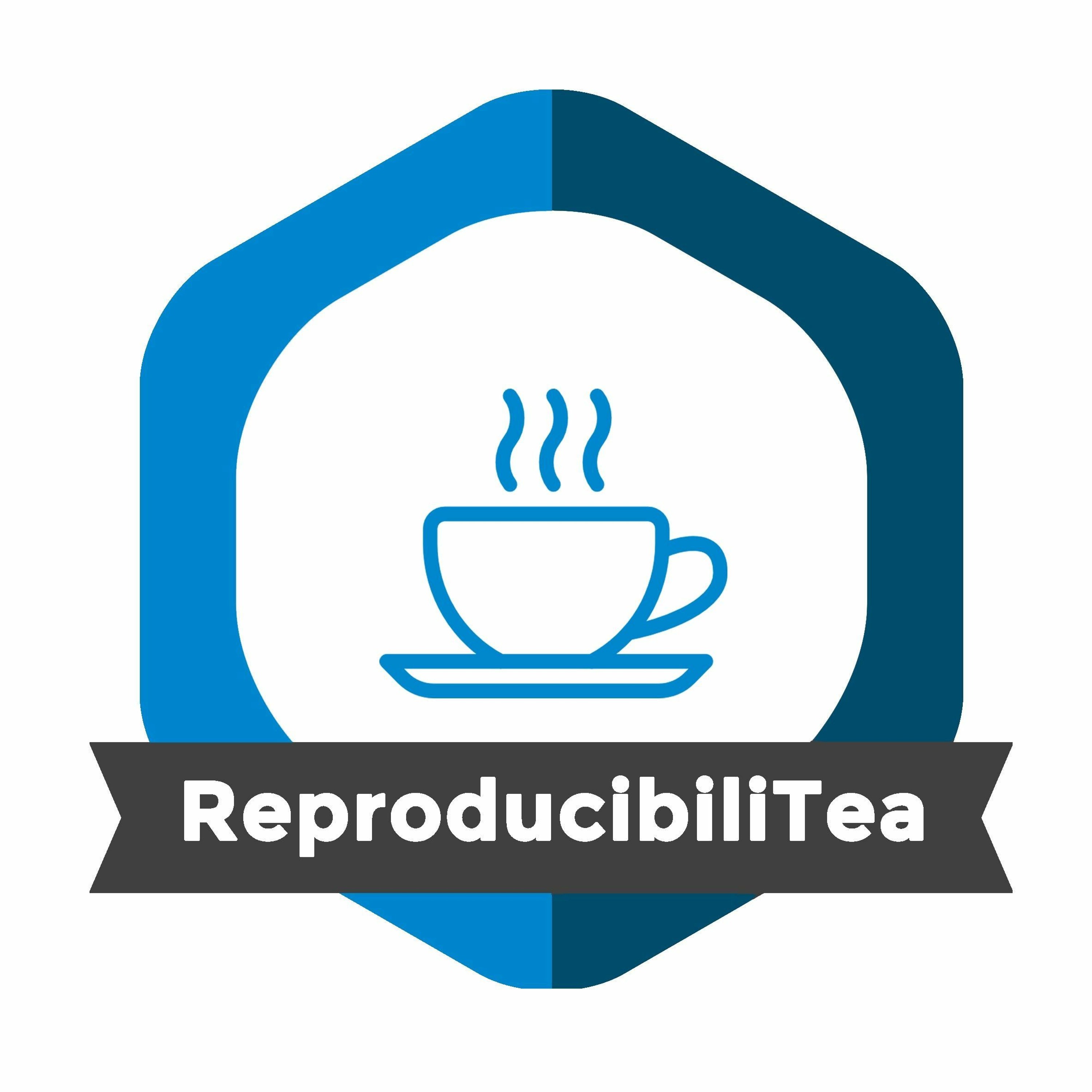
ReproducibiliTea PodcastSolidariTEA 1 - Robert StensonIn the first of our new SolidariTea sub-series, Amy Orben talks to Robert Stenson from the University of Nottingham, UK, where he is finishing a PhD at the School of Cultures, Languages and Area Studies. SolidariTea episodes are short podcast conversations with Early Career Researchers around the world that highlight injustices, campaigns, struggles and discussions mainly about working conditions, diversity and equality, employment, and work-life balance. Robert Stenson tells us about how his university has outsourced all grad student teachers to a temporary staffing company and how this has affected their working conditions and ability to strike (see his tweet...
2019-12-0521 min
Everything Hertz84: A GPS in the Garden of Forking Paths (with Amy Orben)We chat with Amy Orben, who applies "multiverse" methodology to combat and expose analytical flexibility in her research area of the impact of digital technologies on psychological wellbeing. We also discuss ReproducibiliTea, an early career researcher-led journal club initiative she co-founded, which helps young researchers create local open science groups.
Here are some more details and links:
The tweet pointing our Dan's gramatical error in his usual introduction. THANKS DENIS
Is Twitter melting our brains?
The history of "new technology" panic
What's the next panic?
Moral entrepreneurs: profiting from moral panic
Specification curve analysis: a way...
2019-05-2152 min
Everything Hertz83: Back to our dirty unwashed rootsBy popular demand, Dan and James are kicking it old school and just shooting the breeze. They cover whether scientists should be on Twitter, if Fortnite is ruining our youth, book recommendations, and null oxytocin studies.
Stuff they cover and links to obsure references
Should scientists be on twitter?
James runs a Twitter experiment
Scite has now gone live, listen to our episode on this platform
Our dreams of a live Hertz episode
Is Fortnite killing our youth and the parallels with the “heavy metal” scare
Amy Orben’s screen time study
Multiverse analysis
Book recomm...
2019-05-0859 min
Cyber Synapse PodcastThe real research findings behind the Iphone and emotional wellbeing/MH DebateToday im joined by Amy Orben DPhil candidate at Oxford University and is a guest I have been waiting to interview for some time and Im so happy to bring this episode to you about her research!
You have likely heard me discussing this research in many previous episodes and how I lean on the 'actual' data that is out there, with the focus on what the data really means and how the media and some researchers can skew this data to 'fit their hypothesis' to scaremonger and drive a narrative that demonises the young people of today and their...
2019-03-0441 min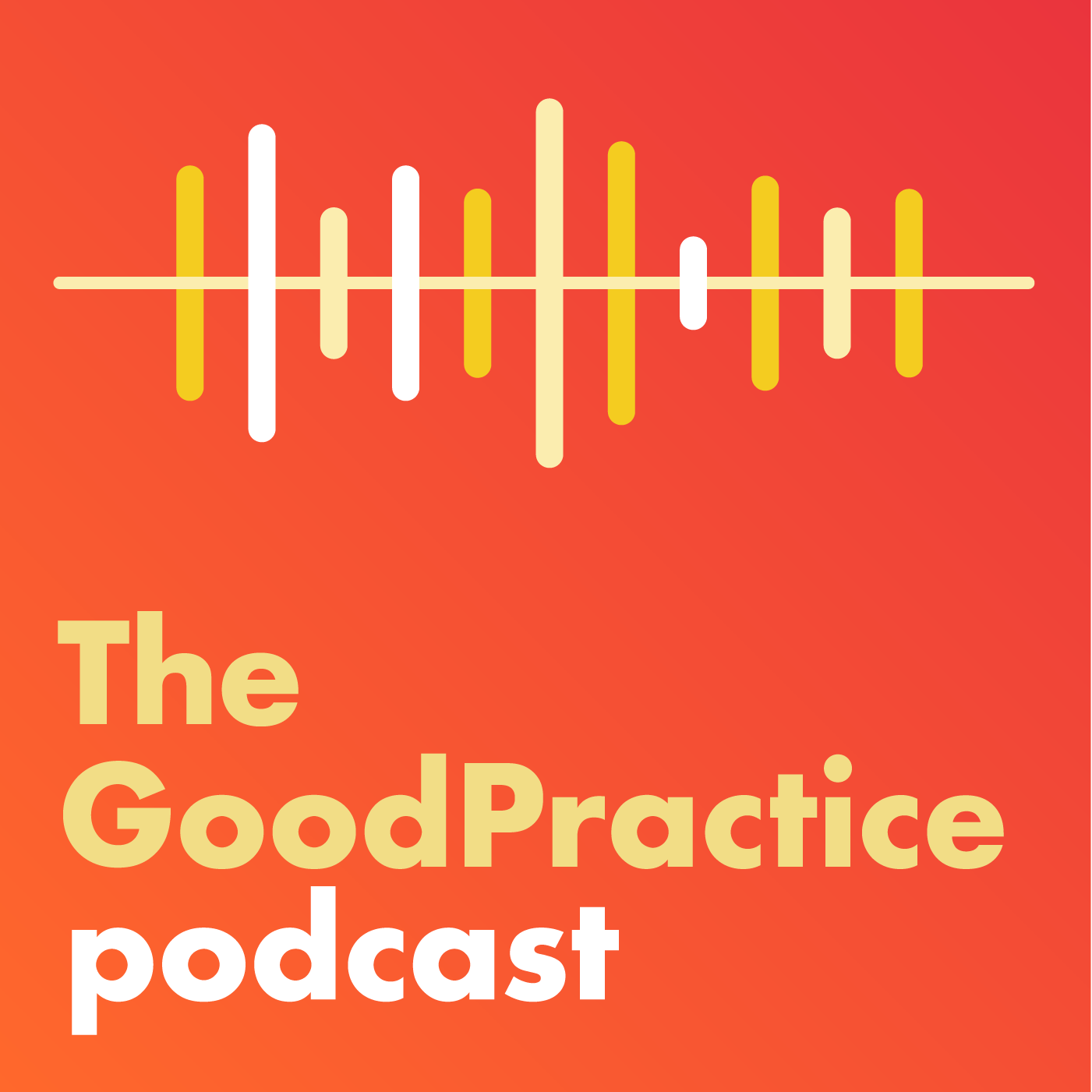
The Mindtools L&D Podcast130 — How can I work with robots instead of against them?The robots are coming for our jobs and we should all be very afraid. Or should we? This week on the podcast, Ross D is joined by Owen, Jonny and guest Marcia Conner to discuss how technology is changing the way we work. If you'd like to share your thoughts on this episode, you can find us on Twitter @ross__dickie, @owenferguson, @biofractal and @marciamarcia. To find out more about GoodPractice, visit goodpractice.com or tweet us @GoodPractice or @GoodPracticeAus. If you're inclined to learn more about the impact of screens and pota...
2019-01-2942 min